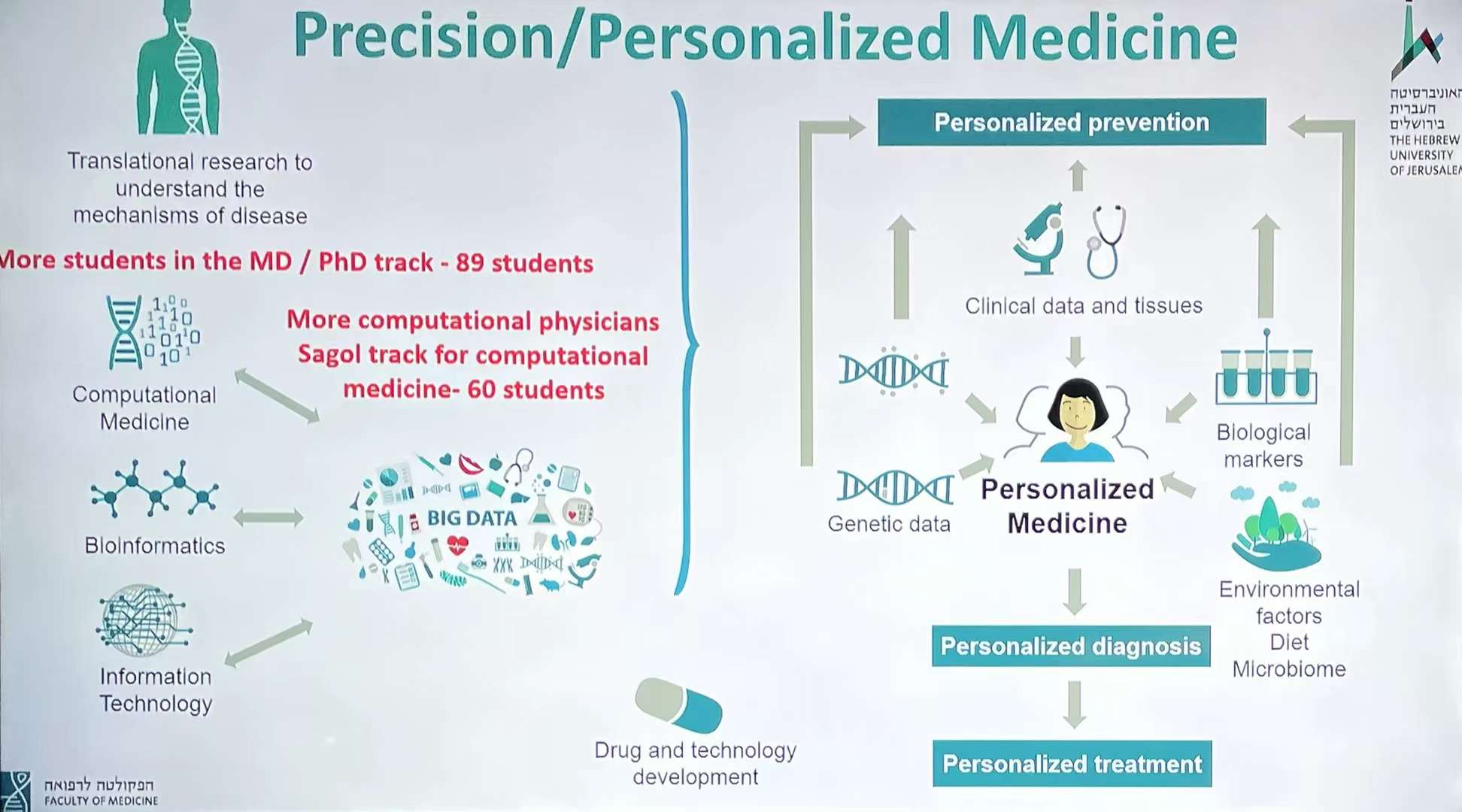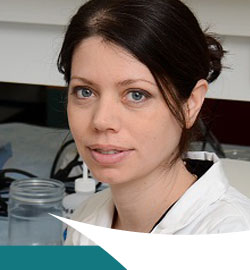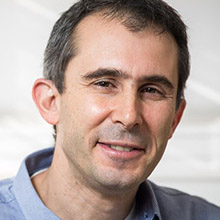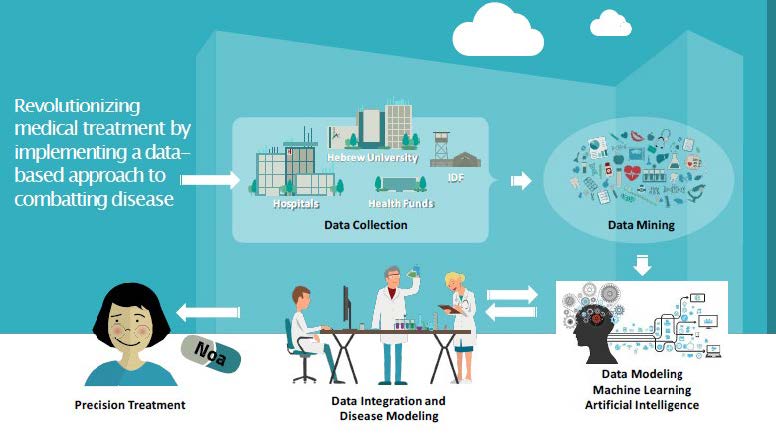Conference and Gala dinner from Hebrew University of Jerusalem on Digital Medicine
May 2022 Geneva
Last week, on the 12th of May 2022 the Israeli ambassador and the chairman of the Swiss Friendship Association of the Hebrew University of Jerusalem kindly invited our President Maggie Gu to participate in the medical frontier briefing and Gala dinner of the new Digital Medicine Center in Israel. The center is revolutionizing medical treatment by implementing a data-based approach to combatting diseases. They put data science at the service of medicine and presents a major innovation within the field of big data medical technology and nanotechnology in precision cancer treatment. Their new approach will allow the development of personalized treatments and new therapeutic solutions.

At the gala held in Genève at Hotel Intercontinental, guests were invited to learn about the new technologies and discover the upcoming revolution in medical digitization through inspirational presentations by the Dean of the Faculty of Medicine, Prof. Dina Ben-Yehuda, who’s also the leader of this new project, as well as through elaborate presentations and engaging discussions with two professors:
- Ofra Benny, Member of the Faculty of Pharmacology
- Ittai Ben-Porath, Researcher in oncology and senescence


Prof. Ofra Benny is focusing her research on the huge potential of nanomedicine used for personalized cancer treatment, while Pr. Ittai Ben-Porath’s research relates to how senescent cells influence cancer and other cell functions which relate to ageing and diseases caused by that, and how those can be targeted by developing innovative drugs.
Despite the pandemic, Israel still made milestone progress in the field of precision cancer treatment. There are now as many as eight methods to accurately kill cancer cells with nanotechnology alone. Behind the revolutionizing project is a large team consisting of 89 medical doctors, 60 medical programming students and ten world-class professors, who spent several years of hard work on this single project which is an admirable achievement.
This new Center for Digital Medicine leverages the University's excellence in medicine and computing to transform medical research and practice. An instrumental asset for research, the Center also has access to medical data from the Israeli and Orthodox populations of Jerusalem that will be coupled with the power of AI, machine learning and data modelling to realize a more comprehensive data-based approach to more efficiently combatting diseases.

The Center will house basic science researchers, clinicians, computer scientists, state-of-the-art infrastructure (laboratories, computer systems, drug modeling unit) and will be located close to Hadassah Hospital in Ein Kerem.
It is unique that the center combines skills and means which allows dual training of doctors and computer scientists side-by-side. It will pose an exciting new chapter in medical research.

The Hebrew University of Jerusalem was founded by Albert Einstein a little over a hundred years ago. The largest university in Israel with 6 campuses, it is also the oldest and one of the best in the country. It has a thousand professors and teachers, more than 25,000 students, including 11,400 in advanced studies. Among its ranks are eight Nobel Prize winners, as well as a Fields Medalist and two Turing Prizes.
It covers a very wide range of teaching and research fields, from nanotechnology to medicine, from pharmacy to artificial intelligence, from agronomy to the humanities.
As examples, the following innovations have emerged from the University's research:
- Exelon, the lead drug used to treat Alzheimer's disease-induced dementia
- new peptides to treat HIV-infected patients
- brain stimulation with electrodes for patients with Parkinson's disease
- the Mobileye driver assistance system found in most vehicles
- cherry tomatoes
- high-protein sesame seeds to fight world hunger
... Just to name a few.

